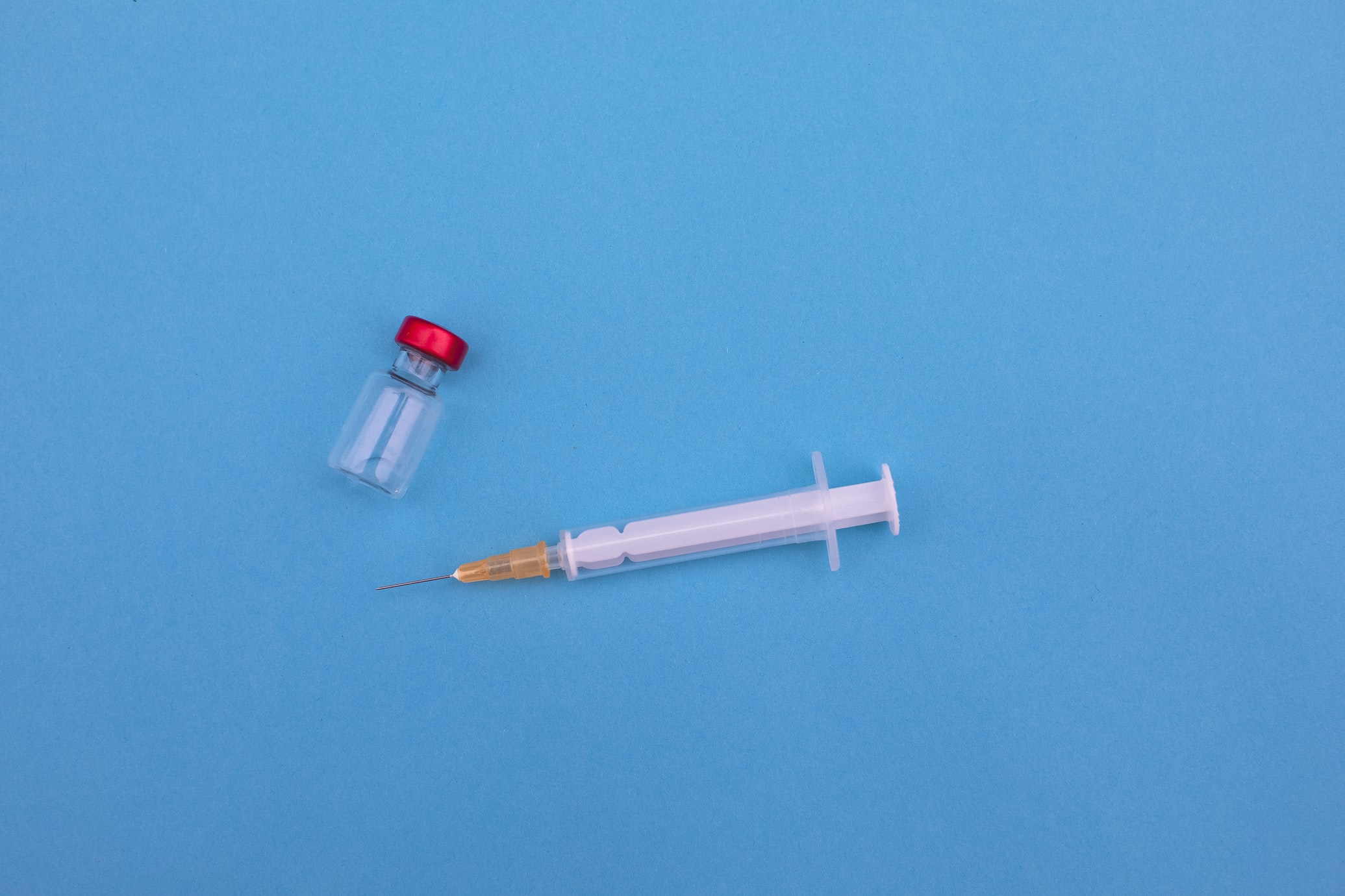
The body’s natural processes could enhance a vaccine’s capabilities.
Since September of 2020, researchers at the Imperial College London have been researching ways to make new and improved vaccines, both for COVID-19 and beyond. The ultimate goal of the research is to create a vaccine that is “variant-proof,” one that can adapt to change in a virus’ physiology to maintain its protection for humanity.
The linchpin to this study are the T-cells, a natural part of a healthy human immune system that work in tandem with white blood cells to hunt down and destroy infections. The initial stages of the study noted that in people who tested positive for COVID-19 but didn’t display any obvious symptoms, there was a much higher presence of T-cells, presumably generated from common cold infections.
“What the study tells us is that there is a mechanism, a natural mechanism of natural protective immunity, that is triggered by previous common cold coronavirus infections. … So the point is not to rely on that, but to exploit and to harness that naturally occurring protective immunity to develop better vaccines,” Professor Aljit Lalvani explained to CBS News.
As opposed to the current paradigm of vaccines, which are designed to target the novel coronavirus’ spike proteins, this hypothetical new vaccine would induce an increase in the production of T-cells. T-cells naturally attack all coronaviruses, not just the one that causes COVID, so the additional boost would allow the immune system to target any offshoot of COVID as long as there’s even a vague similarity between it and the prime variant.
“This is now a definitive green light to move forward and develop a T-cell inducing vaccine to internal core proteins, which should protect against current and future variants,” Professor Lalvani said. “We’re very fortunate to have found what immunologists refer to as the ‘Holy Grail,’ so we’re keen for people to understand this and to see that, at last, there is a path towards dealing with future variants.”
